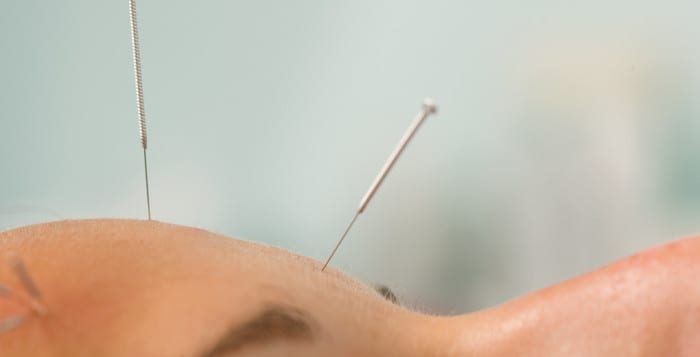Is acupuncture right for you?
By Susan Risoli
Acupuncture might be a health care system that works for you. It’s relaxing. It can give you more energy. Acupuncture treatments promote wellness and healing.
The World Health Organization has published a long list of conditions that acupuncture treats effectively. (“Acupuncture: Review and Analysis of Reports on Controlled Clinical Trials.”) The list includes various types of pain, including headache and back pain, depression, stress and side effects of chemotherapy.
Because Chinese medicine embraces several components, your acupuncturist will offer more than just acupuncture. He or she may be a practitioner of herbal medicine. It’s likely that they will talk to you about healthy exercise, such as tai chi or qigong — and these are activities they probably have done themselves. He or she might give you nutritional guidance. He or she may also be trained in massage or Asian bodywork — Tui na and Amma are examples. For thousands of years, these ways of healing have helped people, so you may want to ask your acupuncturist how you can learn more about these modalities.
How do you find a licensed acupuncturist? Like you would any other professional: ask around among your friends. Chances are you already know someone who’s been treated with Chinese medicine. Your medical doctor, chiropractor or massage therapist also may know a good acupuncturist. Or you can check the practitioner listings on the websites of the Acupuncture Society of New York, www.asny.org), or the National Certification Commission for Acupuncture and Oriental Medicine, www.NCCAOM.org. Be aware that in New York state, licensed acupuncturists are independent practitioners, and you will not need a doctor’s referral to start acupuncture treatment. The websites mentioned give information about the training and credentials necessary to practice acupuncture. Your health insurance might or might not cover acupuncture treatments; you’ll need to discuss it with your practitioner.
Acupuncture itself involves insertion of very thin, flexible needles, at specific places on the body. The guiding principle of acupuncture is that the places where the needles are inserted — acupuncture points — help the body direct and adjust the energy that is flowing through your organ systems. This energy is called qi (pronounced “chee.”) Acupuncture supports your body and helps it work better so that underlying diseases and their symptoms can be treated effectively.
So what is a typical acupuncture treatment like? During the first appointment, you’ll fill out some paperwork, as you would at any medical visit. Your practitioner will perform a thorough intake and health history. He or she may ask questions you’ve never been asked, or even thought about before. That’s because, in Chinese medicine, many aspects of the body and its functions give clues about the patient’s overall health. The acupuncturist will look closely at your tongue, and feel your pulse at several places on each wrist. The appearance of your tongue, the quality and speed of your pulses, and the questions you answer all give clinical information that will help the acupuncturist plan your course of treatment. If you have questions about Chinese medicine, or your specific treatment, your acupuncturist is there to listen. He or she will be happy to discuss it with you.
Susan Risoli is an acupuncturist, a practitioner of herbal medicine and has been trained in Amma, a type of Asian bodywork.







